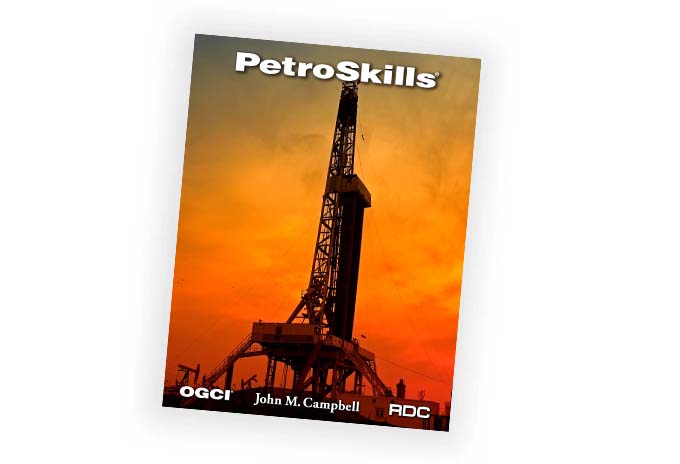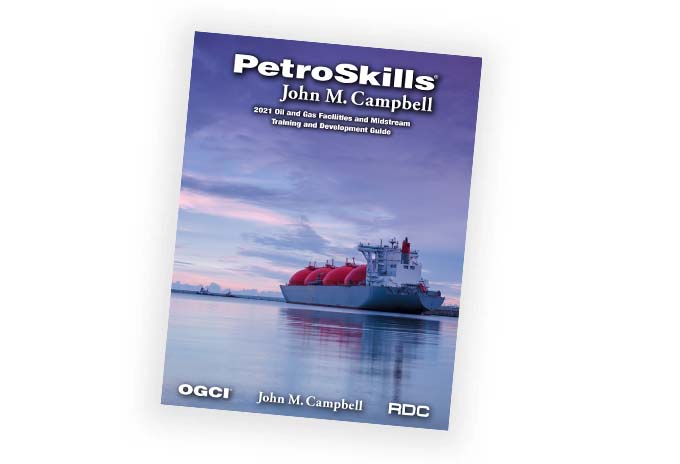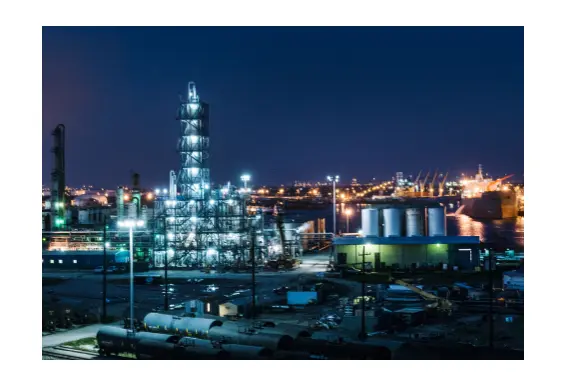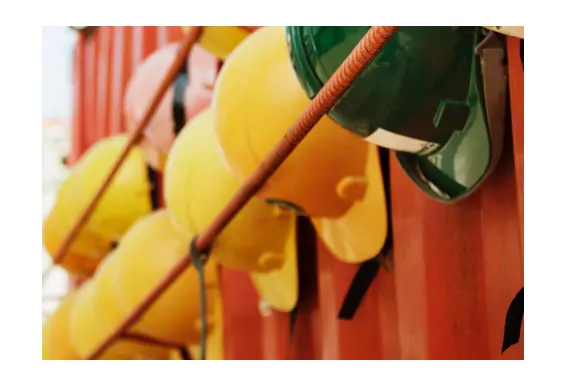Hydrocarbon Phase Behavior Fundamentals - eLearning series
About the Course
This short course is from the industry-standard Gas Conditioning and Process course (G-4), known globally as the Campbell Gas Course. Each session will follow the format below:
- 3.5 hours e-Learning modules
- 3 hours virtual, instructor-led sessions (pre-recorded)
John M. Campbell often said "knowledge of the basic fundamentals is the required foundation for a successful professional practice." This is part 2 of the 2 courses that will set the foundation for a successful facilities engineering career.
This short course covers the fundamentals of hydrocarbon phase behavior, which is key to understanding gas processing facilities, and sets the foundation of being able to "think inside the pipe" for better insight into processing equipment as operating conditions change.
We will cover both qualitative and quantitative phase behavior of hydrocarbons for pure components and for multicomponent streams. Being able to predict the phase condition of a hydrocarbon stream is critical in plant operation, troubleshooting and design. This course will give you the tools to do so with a simple, robust and easy to use process simulator.
In this short course, we will review the following at both the basic and foundational application level:
- Pure component phase behavior - critical for understanding pure component refrigeration systems
- Multicomponent phase behavior - essential for understanding oil and gas production and processing facilities
- Effect of C6+ characterization on phase behavior - required to fully understand multicomponent phase behavior and separation applications
- Non-hydrocarbon components effect on phase envelopes - important topics for enhanced oil recovery and reservoir pressure maintenance
- Fundamental application of phase envelopes - provides relevant examples on how to apply this knowledge to troubleshooting plant operations
- Vapor liquid equilibrium - critical to understanding the fundamentals of process engineering
- Multi-stage stabilization of crude oil and condensate - practical examples of the most common crude stabilization method used in the industry
- RVP and TVP of condensate and crude oils - one of the most important liquid hydrocarbon product specifications
With this knowledge, you will be able to better predict and understand the fluids flowing in your process facilities and have an intuitive sense of the phase behavior of these systems when process operating conditions change.
"Overall good review of fluid phase changes/implication in hydrocarbon processes."
- L48 Graduate Engineer, United States
"The course was very well-presented and the modules were well structured. The learning platform was easy to navigate and to use. The content was at the right level - not overly complex and I appreciated that the course brought key concepts back to real-world examples and implications of getting the concepts wrong (e.g. equipment sizing). I also really appreciated the discussion on the change/introduction of ASTMD6377 and how assumptions/RVP testing methods had led to shale oils not actually being adequately stabilized for transport. I thought this was a great inclusion."
- Process Safety Engineer, United States
Target Audience
Production and processing personnel involved with natural gas and associated liquids, to acquaint or reacquaint themselves with gas conditioning and processing unit operations. This course is for facilities engineers, process engineers, senior operations personnel, field supervisors, and engineers who select, design, install, evaluate, or operate gas processing plants and related facilities.
You Will Learn
You will learn how to:
- Describe pure component phase behavior
- Describe multicomponent phase behavior and phase envelopes
- Define critical point, cricondentherm, cricondenbar, dense phase, retrograde condensation
- Summarize the effect of C6+ characterization on the shape of the phase envelope
- Recognize the effect of various non-hydrocarbon components on the shape of the phase envelope
- List examples of fundamental applications of phase envelopes in facilities design and operations
- Explain the concept of equilibrium vaporization ratio, K
- List the common methods of estimating K values
- Describe flash, bubble point and dew point calculations and list examples of their application
- Describe the effect of composition on bubble point, dew point, and flash calculations for a hydrocarbon mixture
- Describe stabilization of hydrocarbon liquids using stage separation
- Summarize the differences between Reid Vapor Pressure (RVP) and True Vapor Pressure (TVP)
- Describe stabilization of hydrocarbon liquids using stage separation
- Describe the differences between Reid Vapor Pressure (RVP) and True Vapor Pressure (TVP)
Course Content
- Pure Component Phase Behavior
- Multicomponent Phase Behavior
- Effect of C6+ Characterization on Phase Behavior
- Non-hydrocarbon Components Effect on Phase Envelopes
- Fundamental Applications of Phase Envelopes
- Vapor Liquid Equilibrium
- Multi-stage Stabilization of Crude Oil and Condensate
- RVP and TVP of Condensate and Crude Oils
Product Details
Categories:
MidstreamDisciplines:
Gas ProcessingLevels:
BasicProduct Type:
CourseFormats Available:
On-DemandAdditional
Request a Public Session
If you are interested in a public session of this course, please click the button below to request it.
Request Public SessionIn-House Training
This course is also available upon request as a private, on-site seminar. Contact us for details and pricing.
Request In-House TrainingNeed Help
Contact us if you have additional questions about how to register for or attend this course.
Contact Us



